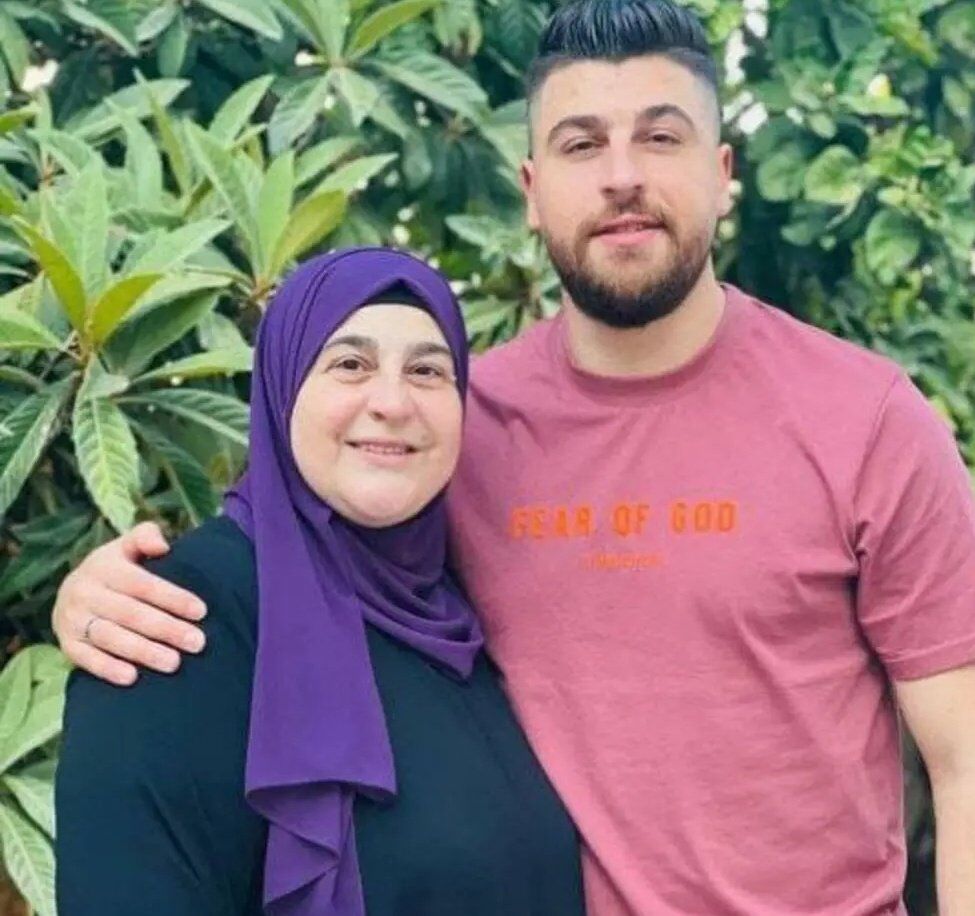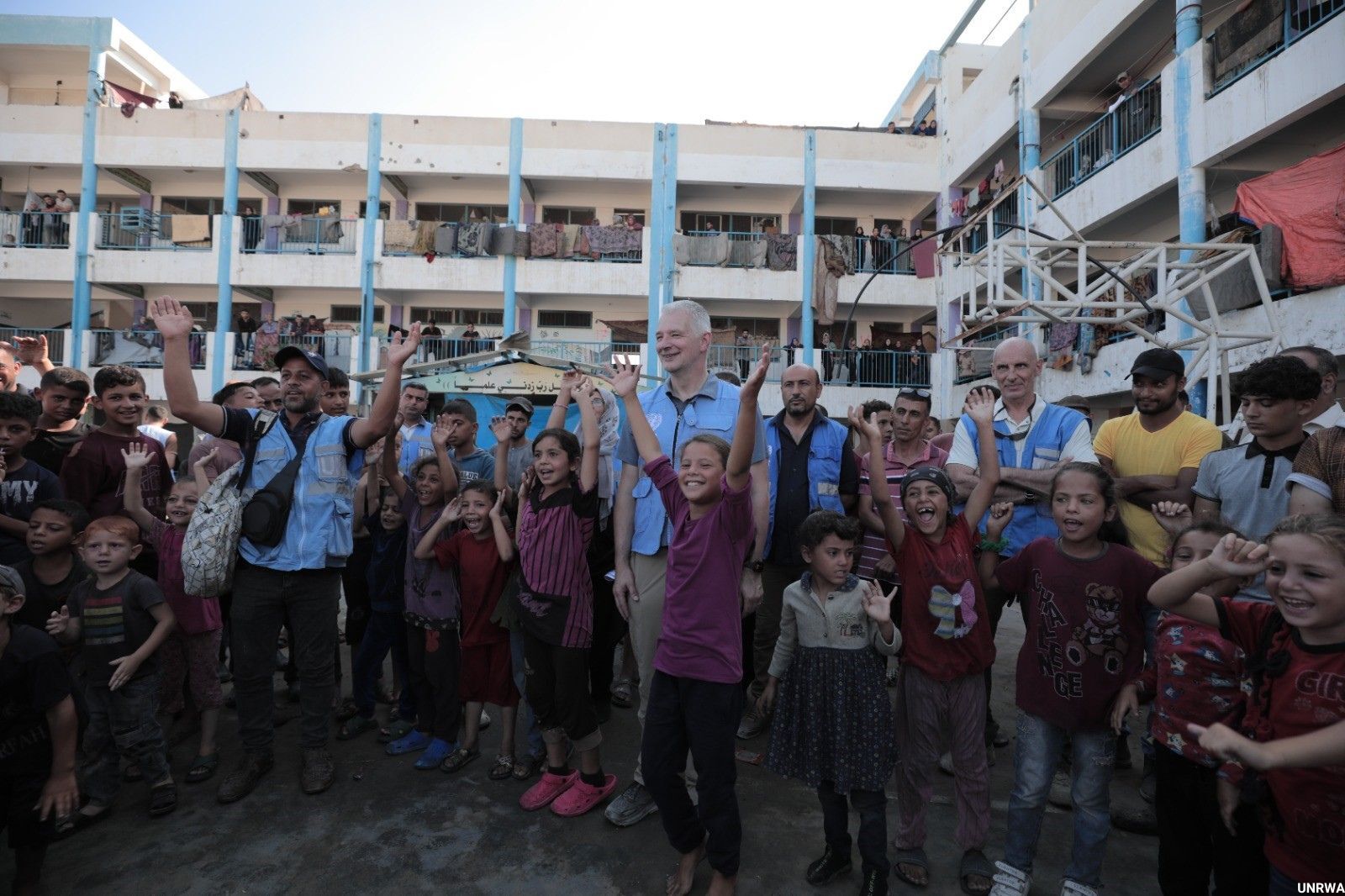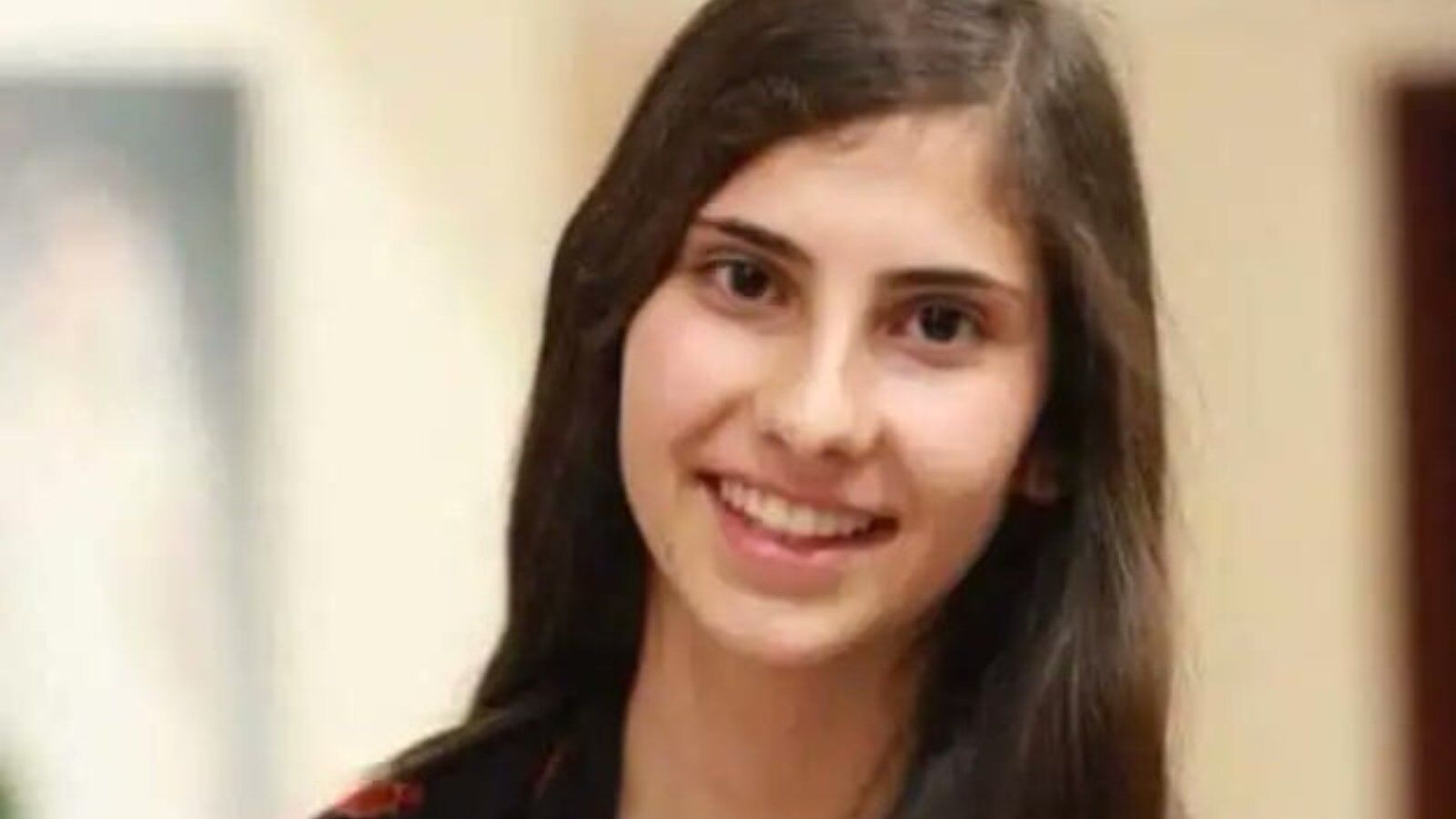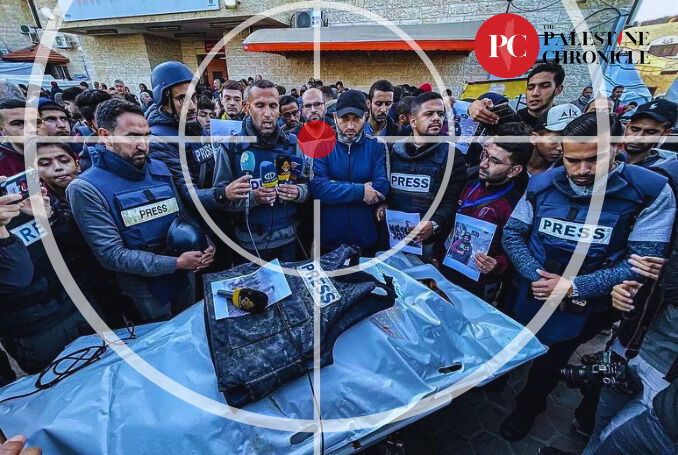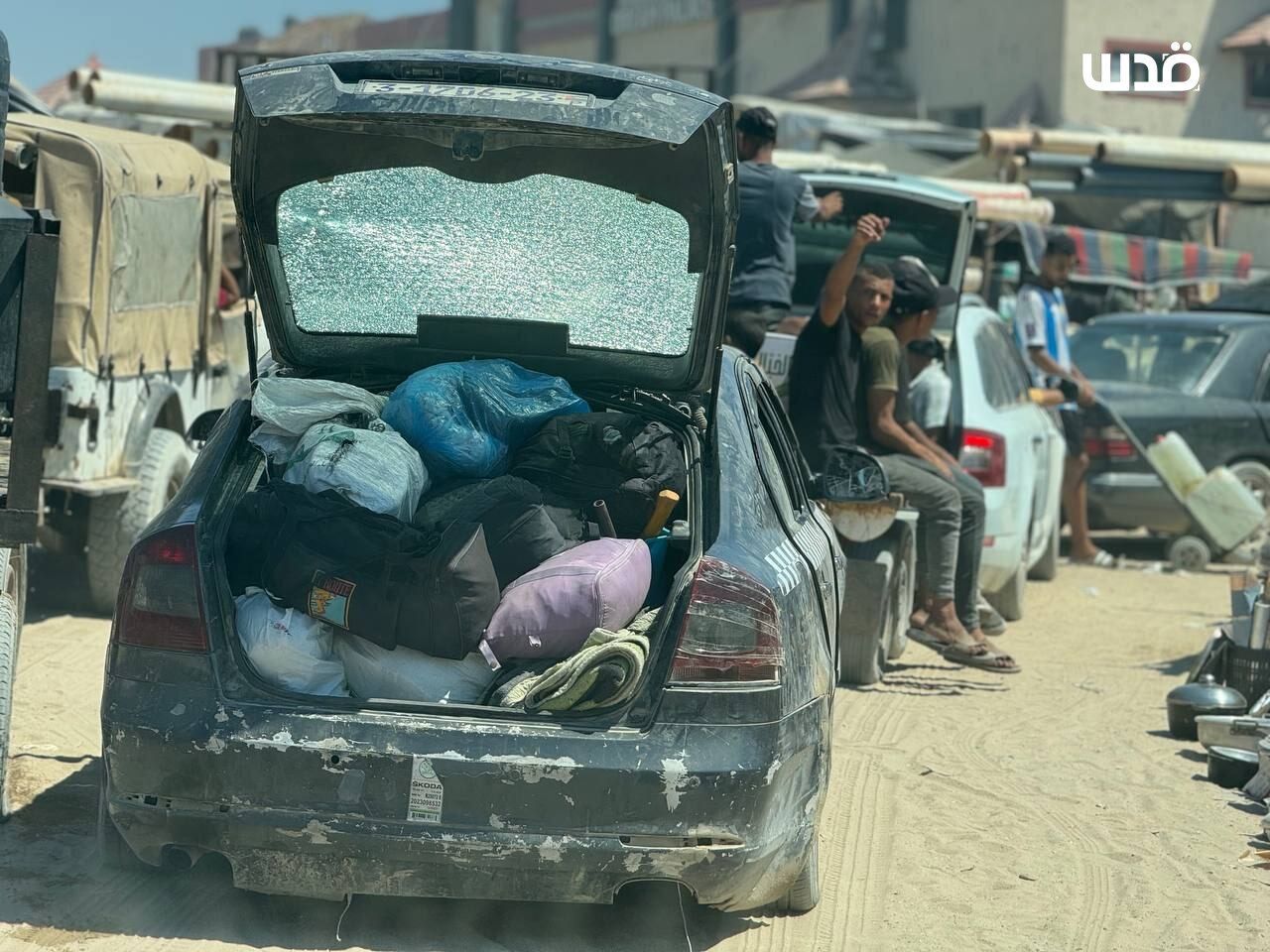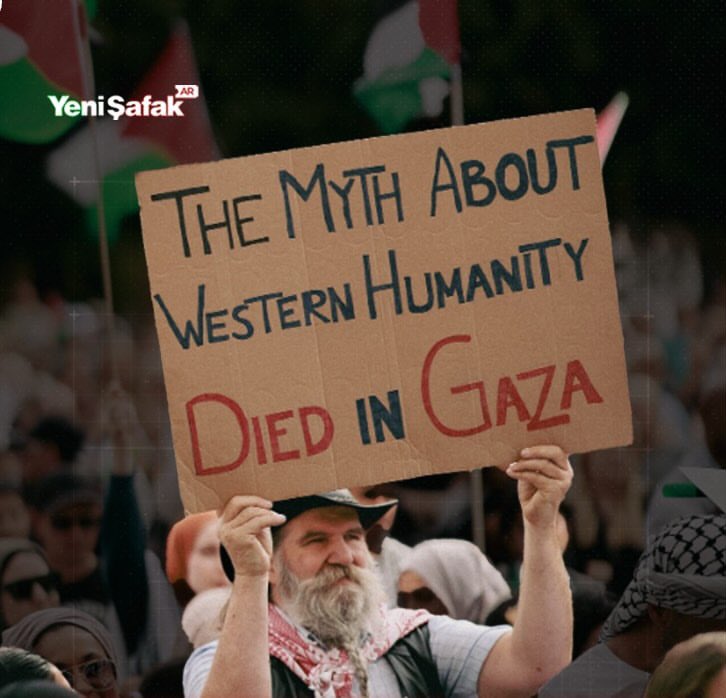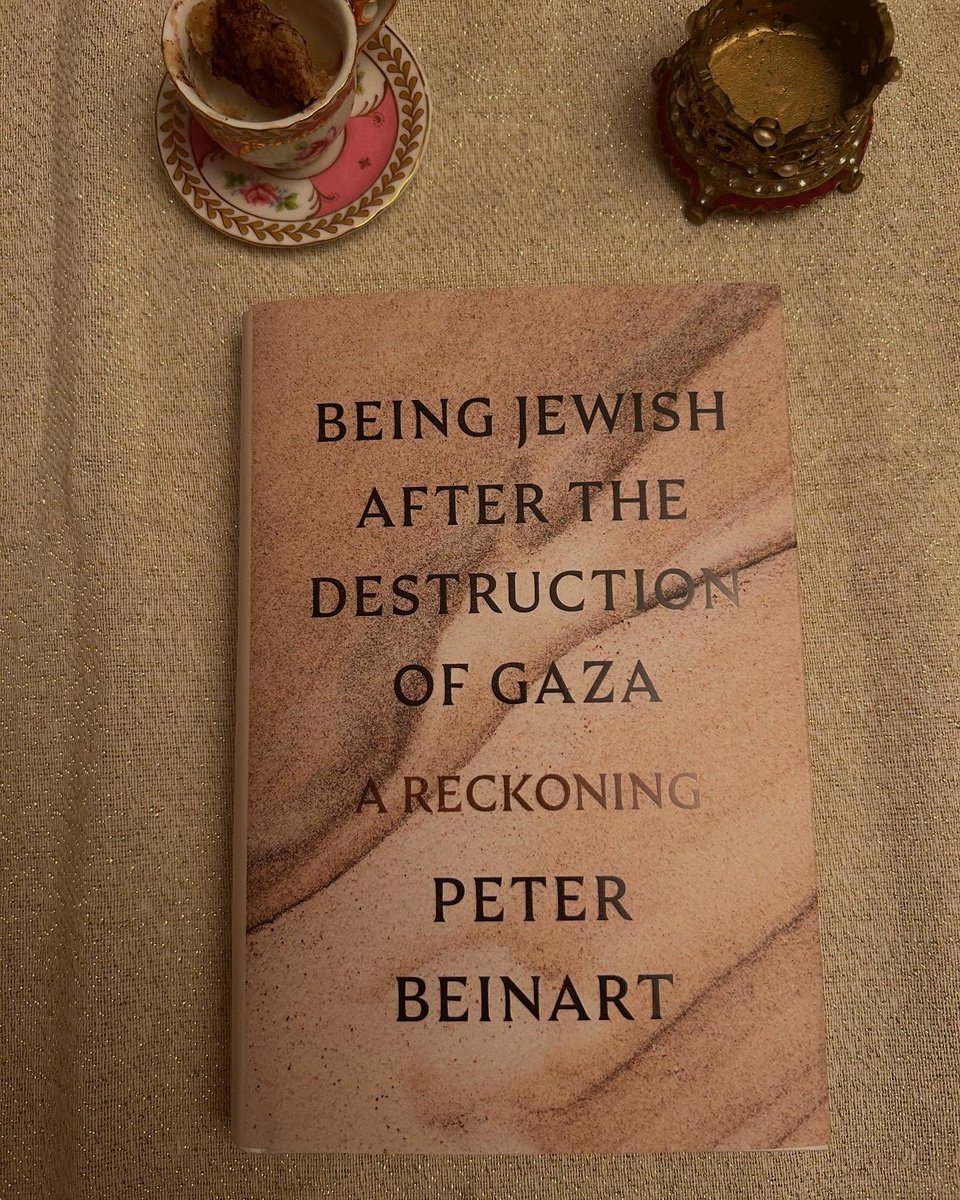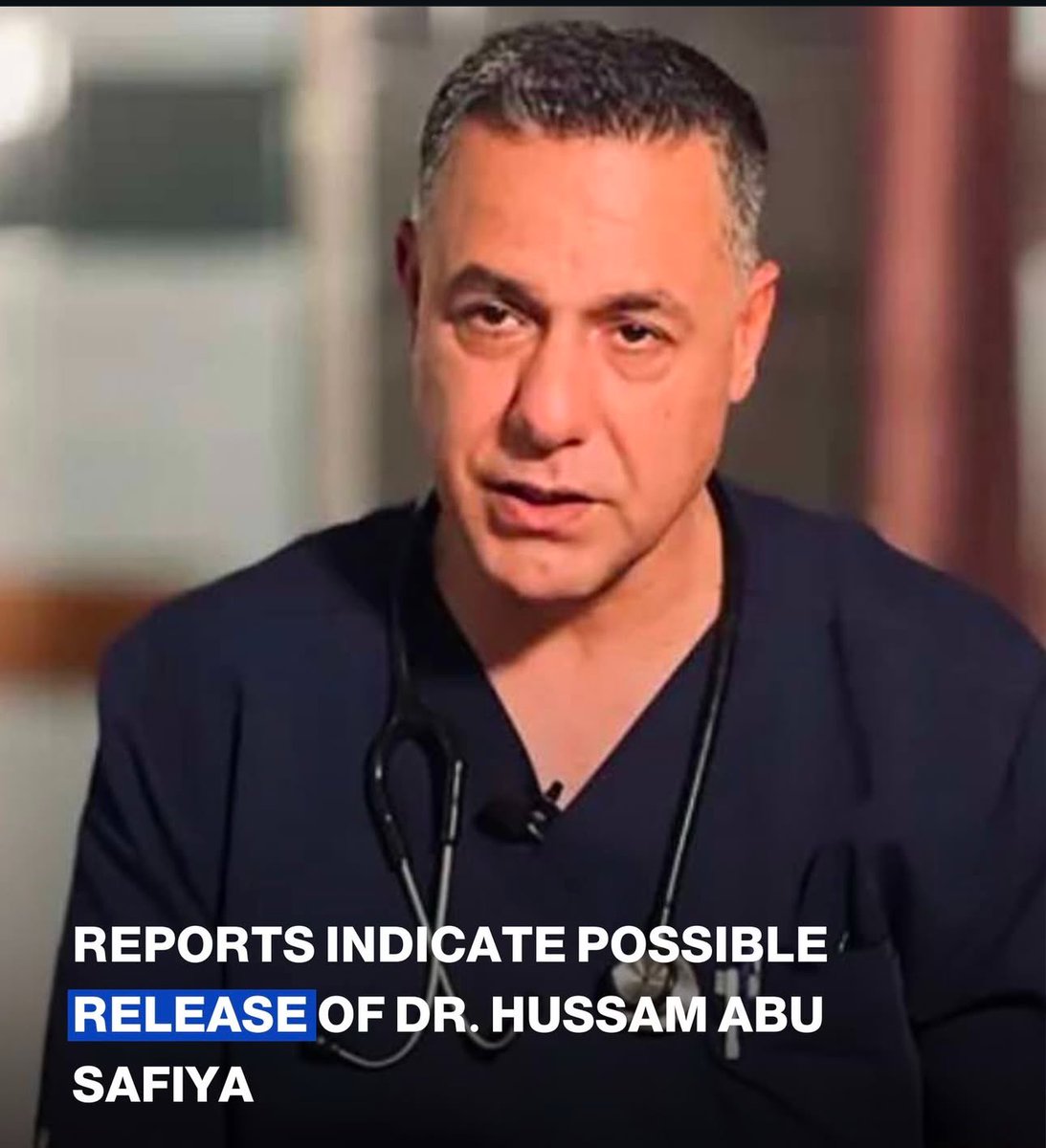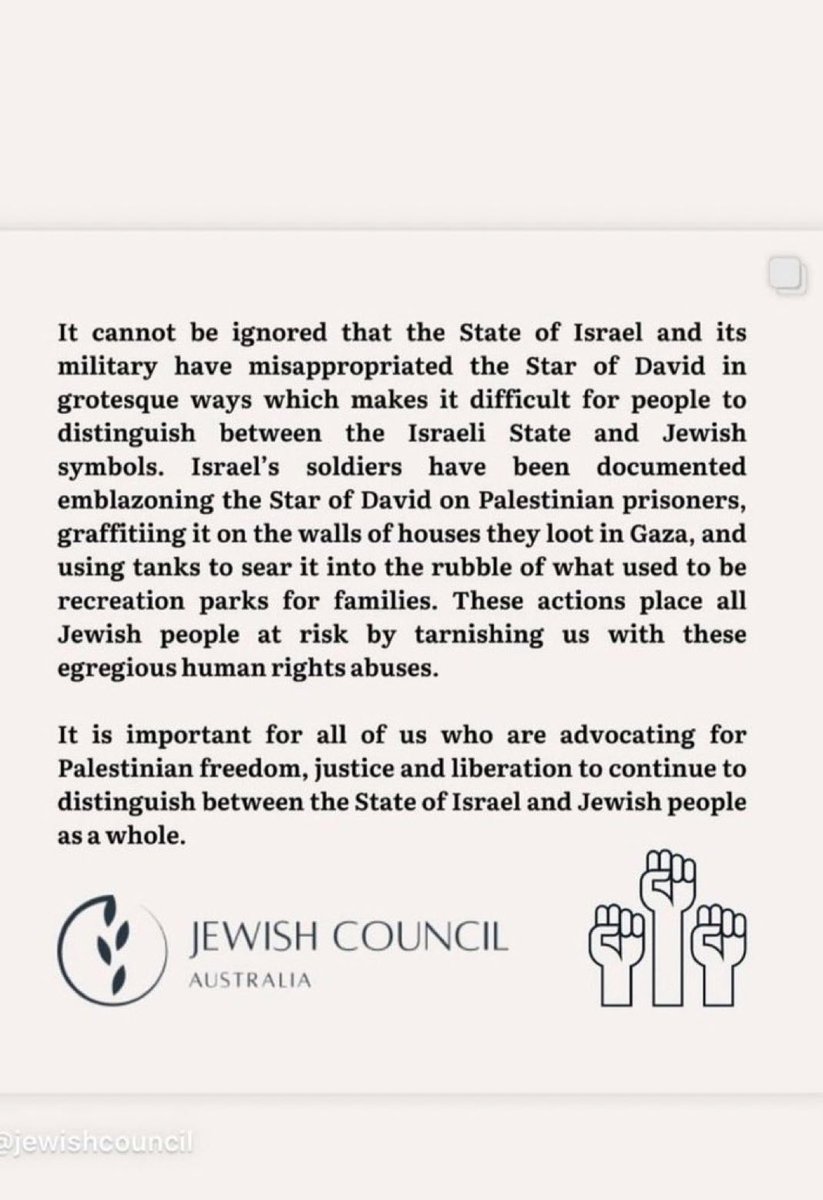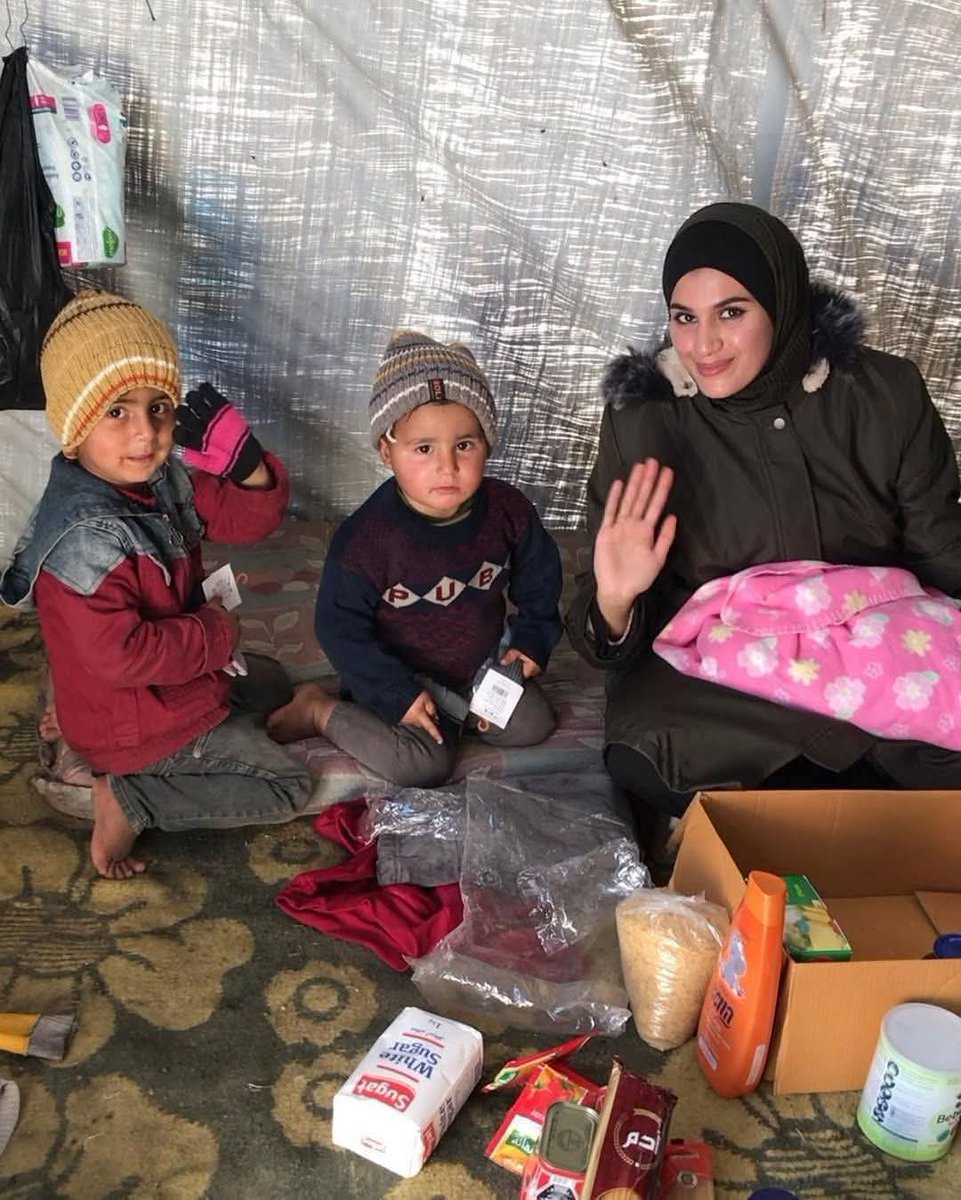Wafaa Jarrar: ‘Human Shield’ Survivor Succumbs to Her Death
She died a martyr for freedom. Wafaa Jarrar will be remembered for her stiff resistance to Israeli occupation which used her as a human shield that led to the amputation of her two legs and final death.
The 50-year-old wounded and liberated prisoner Wafaa Jarrar died Monday, two months after she was critically injured last May, succumbing to her wounds because of Israeli neglect and deliberate negligence.
“We mourn the icon of loyalty and giving, our beloved mother, the patient and steadfast prisoner, the wounded and martyr Wafaa Nayef Zahdi Jarrar “Umm Hudhayfah”…as she joins the ranks of martyrs and leaders in the Battle of the Flood of Al-Aqsa,” the Jarar family said in a statement, and as reported in the Palestine Information Center.
“More than two months after her injury and the amputation of both of her legs, the occupation army arrested her from her home in Al-Marah neighborhood Jenin on 05-21-2024,” the statement added.
The Israeli occupation forces arrested Jarrar from her home on 21 May during their aggression on Jenin and its two camps. The occupation later announced she was injured, transferred her to the Israeli Afula Hospital and an four-month administrative detention order was issued against her.
The serious injuries she sustained led to the amputation of her legs above the knee, and other injuries to her body and which lead to many other health problems.
Following the deterioration of her health, the Israeli occupation evaded treating her; they cancelled her administrative detention order, released her, and refused to continue her treatment in Israeli hospitals.
In a previous statement the Euro-Mediterranean Human Rights Monitor held the Israeli occupation army fully responsible for the life and safety of Ms. Wafaa Nayef Jarrar. It noted the Israeli army arrested and detained her for four hours in a dangerous area where clashes were taking place, deliberately exposing her life to direct danger.
The Monitor explained what she was subjected to from the moment of her arrest until her release reflecting the repeated and systematic pattern Palestinians, men and women, face when arrested by the Israeli army in the occupied Palestinian territories.
It includes arbitrary arrests, abuse, their use as human shields, torture, and denial of medical care, and Israeli army’s evasion of responsibility for their harm and suffering resulting from its crimes and violations it inflicted against them.
The Euro-Mediterranean Human Rights Monitor explained it followed up on Israeli army’s arrest of Ms. Jarrar on May 21, from her home in Jenin, north West Bank, and subsequent announcement she had been seriously injured in an explosion inside the Israeli military vehicle she was detained in for four hours and then the administrative detention order issued against her before handing her over to the Palestinian liaison despite her critical health condition and loss of consciousness.
The Monitor confirmed this is an attempt by the Israeli army to evade its responsibility for the serious injuries she sustained during her detention, which led to the amputation of her legs and damage to her lungs and spine, and to evade its legal obligations related to providing her with medical care and necessary treatment.
The Monitor further confirmed Ms. Jarrar’s arrest was arbitrary. It stated there was no reason to justify her arrest, coming within the context of individual and collective arrest campaigns by the Israeli army against Palestinians wherever they are found.
It added the Israeli army made this arrest in a violent manner, storming her house, destroying most of its contents, and looting all the money and jewelry inside the house and which Ms. Jarrar’s family has not recovered up till now.
The Monitor confirmed the Israeli army had not directly taken Ms Jarrar to a detention but instead to a dangerous military area of operations with exchange of fire and where explosive devices were thrown at its vehicles and the jeep she was in.
This indicates the Israeli army deliberately decided to keep her there knowing full well this would expose her to the risk of death and/or injury.
It appears the Israeli army was trying to exploit Ms. Jarrar’s presence in the area of its military attack on Jenin, to facilitate its military operations and shield and fortify its personnel and military vehicles.
Ms. Jarrar is a local activist and coordinator of the Jenin Association of Martyrs and Prisoners, and a mother of four children. Her husband, 58-year-old Abdul Jabbar Muhammad Ahmad Jarrar has been detained since 7 February, 2024, on a sixth-month administrative detention order. He previously spent 16 years in Israeli prisons.
Wafaa Jarar was an active community worker, launching the Mothers of Martyrs Gathering in Jenin and expanding to include other areas in the West Bank. She was also one of the candidates on the Jerusalem is Our Date list for the legislative elections that was scheduled to be held in 2021.

